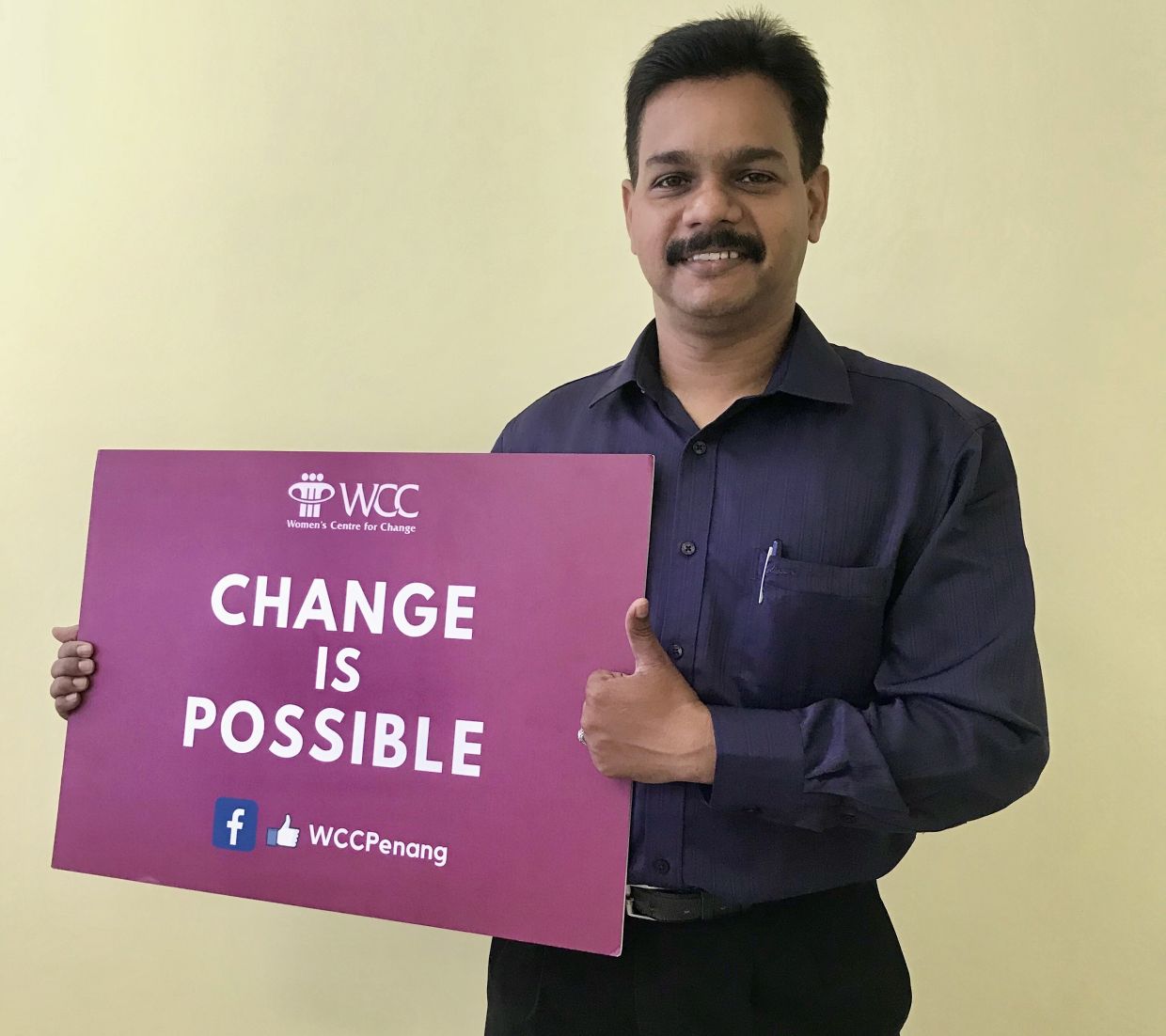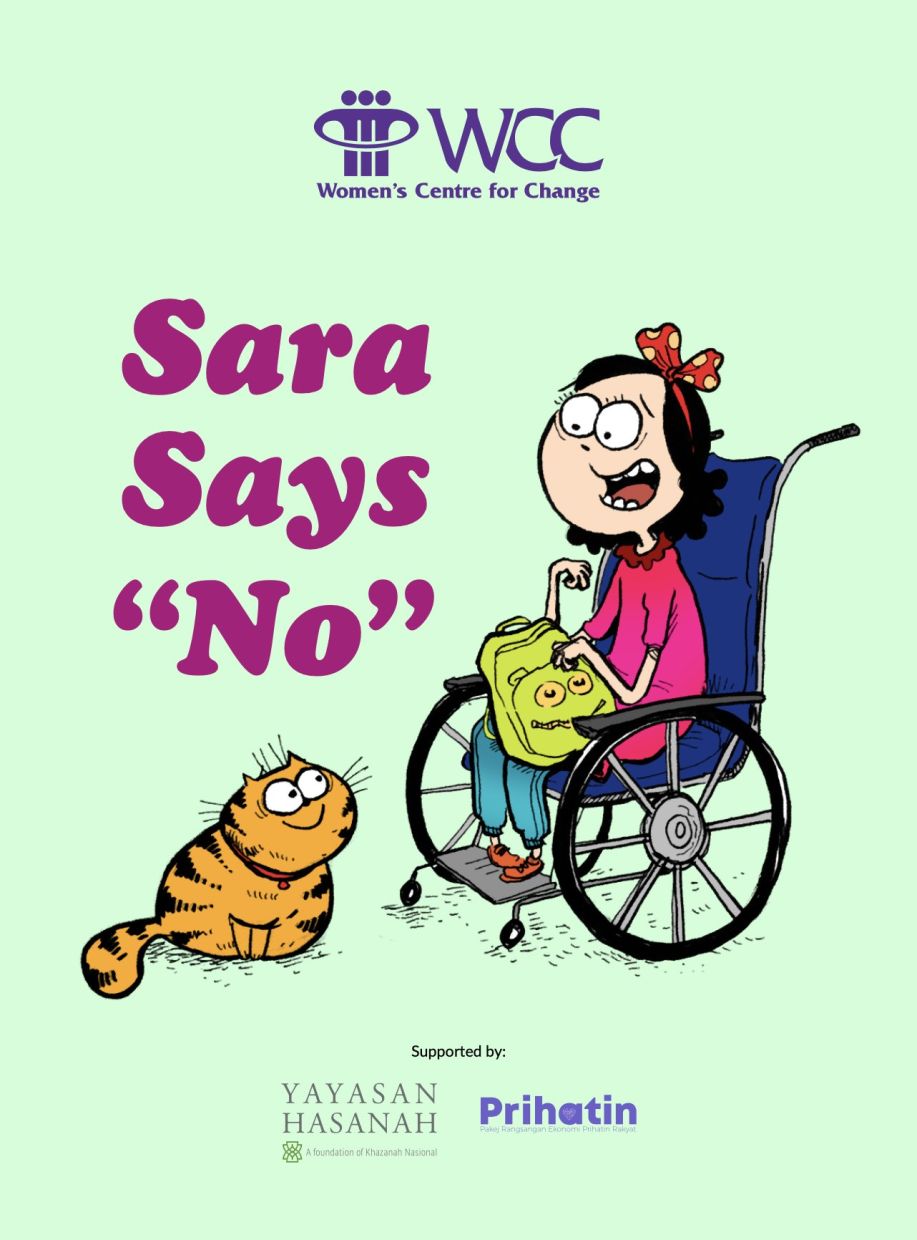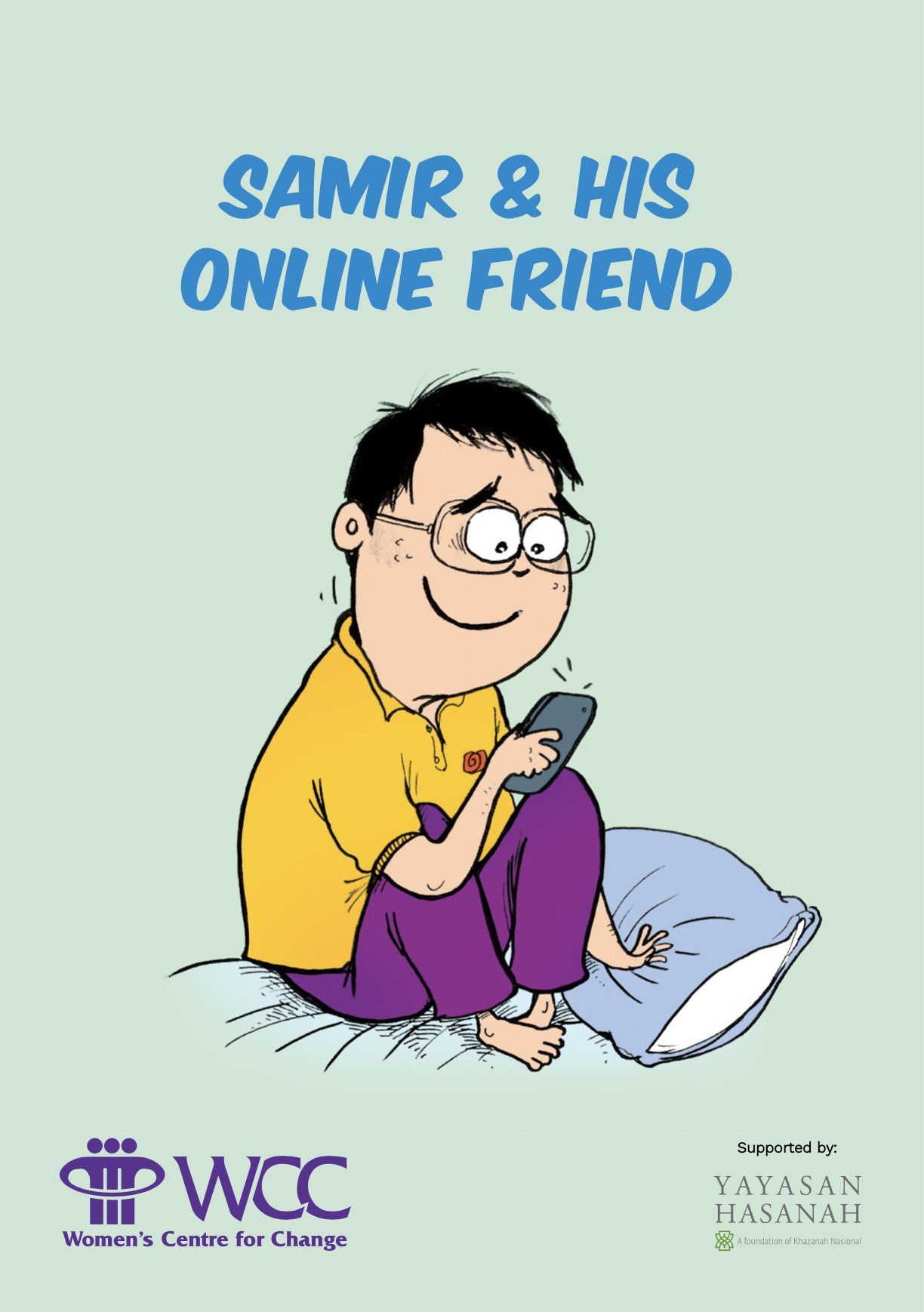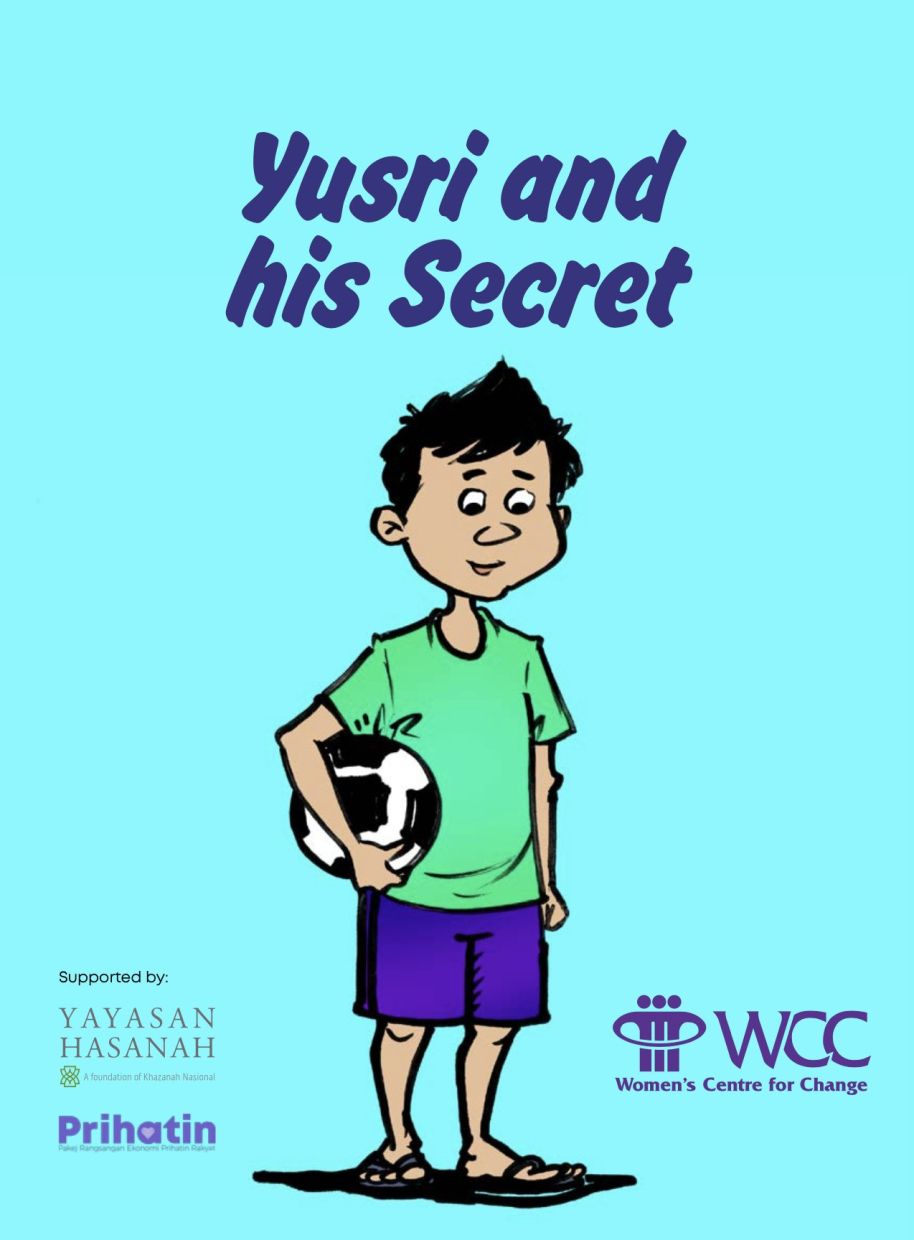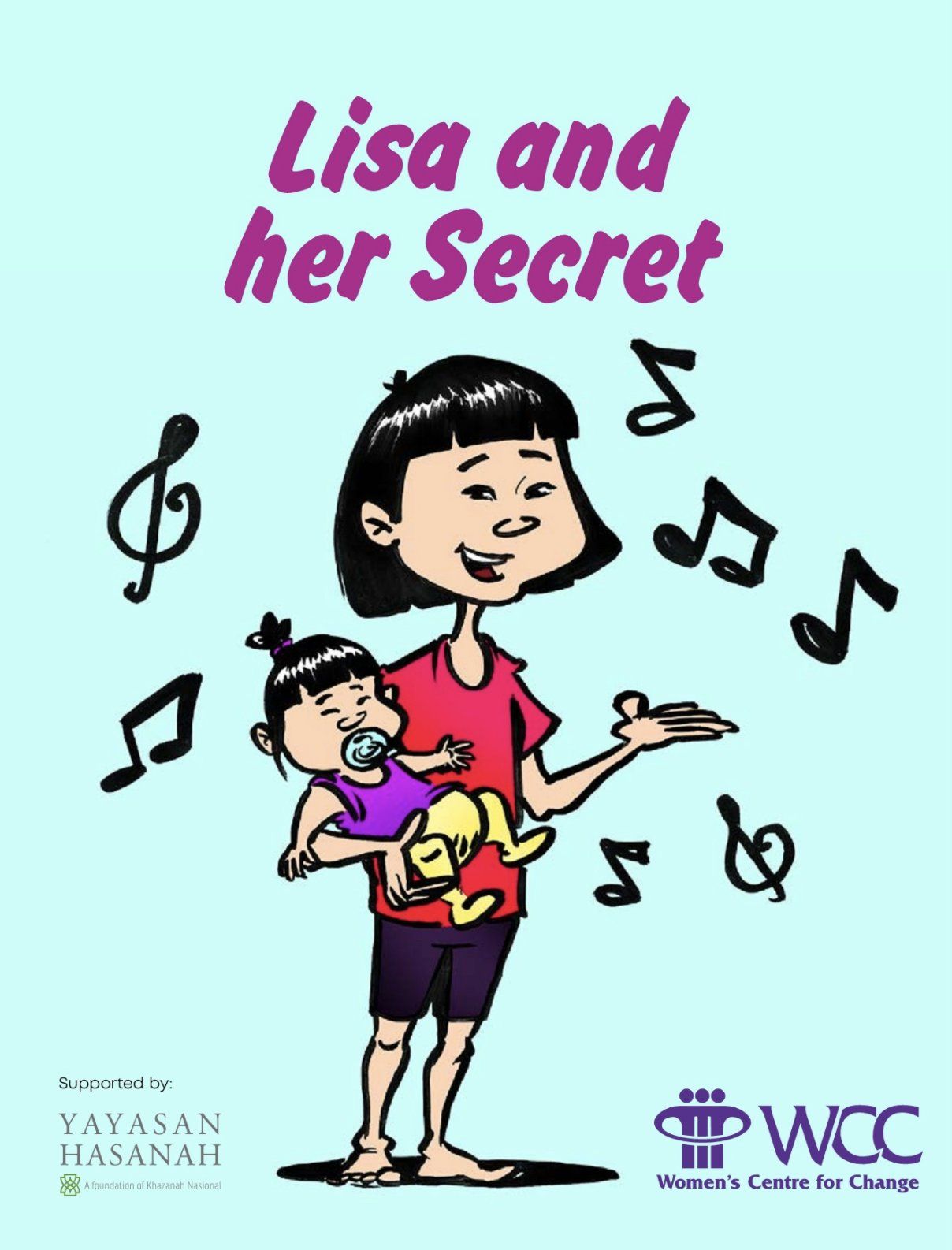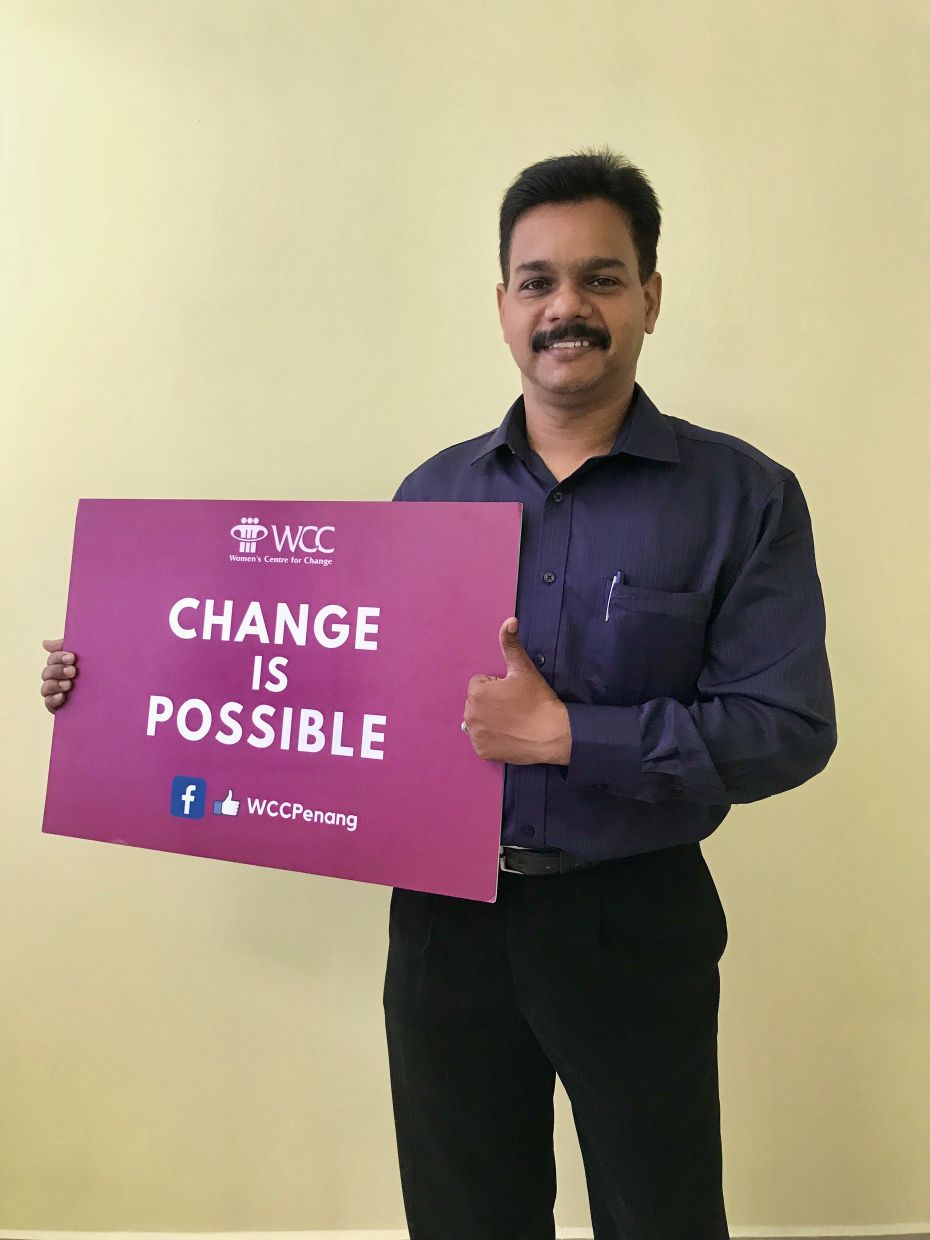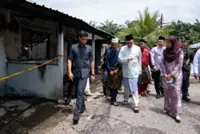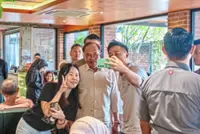S. Kanapathy has been an outreach programme volunteer with Women's Centre for Change Penang (WCC) for over 10 years. He says that he volunteers because it's his “service to the community”.
“I've been volunteering for 24 years at my local Hindu temple. Then, one day I received a forwarded WhatsApp message about a free WCC talk on child sexual abuse. During that time, I was working with the police. I decided to attend it and after the talk, I asked how I could help.
"Now, after more than 10 years, I'm still volunteering at WCC and helping to run programmes in Tamil, BM, and English,” he says.

Kanapathy says he often gets asked why, as a man, he's involved in such programmes. His reply is always: “This is an important matter that transcends gender, race, religion, etc. We can all help to end child sexual abuse.”
He currently conducts OK Tak OK sessions for primary schoolchildren in Penang.
OK Tak OK is one of WCC's signature programmes to teach primary schoolchildren about child sexual abuse prevention and it is conducted through the use of songs, cartoons and storytelling videos.
In hour-long sessions, a WCC facilitator will use animated scenarios and examples from the OK Tak OK video to help children aged between 10 and 12 to understand about "good touch" and "bad touch".
The video also teaches children how to protect themselves and seek help from a trusted adult. For younger children from seven to nine years, the facilitator will focus on teaching about personal safety by using examples from the OK Tak OK video as well as cartoon booklets.
He says that OK tak OK is a “perfect, easy-to-run programme in English, Bahasa Malaysia, Mandarin, and Tamil that children can easily understand”.
“After conducting the programme, I usually share WCC’s contact details with the students and teachers just in case they need to make any disclosures or seek help.
“Because they've gone through the programme and understand the important message about body safety, they know how to reach out for help if they face situations that are not OK,” he explains.

“Tamil-speaking communities can be a bit traditional where they don’t like to talk about personal stuff. But this programme helps the children to open up. There was this time after one session when a Year Five student opened up and talked to me about the abuse that had taken place in his family. So, this programme empowers these children and communities.”
WCC community outreach lead Yeap Yen Ying says that this method "breaks away from formal classroom teaching to creative informal ways of approaching the issue".
"Children will remember the stories and skills taught more easily when the information is presented in a sensitive and understanding, yet fun way," she says.
WCC has published five online cartoon books for children. Nina And Her Secret, Lisa And Her Secret, and Yusri And His Secret encourage children to seek help should sexual abuse happens. Samir And His Online Friend and Sara Says No teach children with disabilities how to get help if they're abused either online or physically.
“When I observe Kanapathy's OK Tak OK sessions, the children are laughing and interacting with him. He makes a very serious subject easy for them to understand, thanks to his easygoing nature and sense of humour,” says Yeap.

Yeap encourages more to volunteer to help keep children in Malaysia safe.
“WCC welcomes all interested volunteers, regardless of race and gender, to help run our programmes on weekdays, and training is provided. It's crucial for programmes such as this to be conducted to help children understand the importance of body safety and how to seek help when abuse occurs. It's not just up to parents and teachers, but all of us have a role to play in making positive change happen in society,” she concludes.



